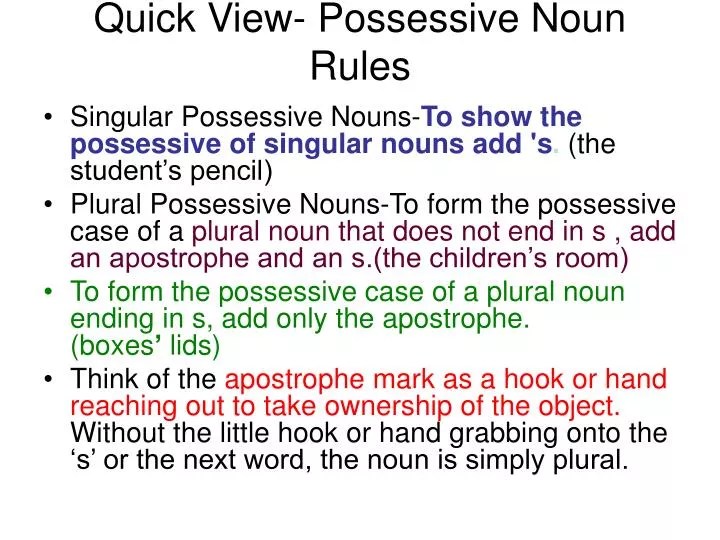A noun is what we call the word that names something or someone. To keep from sounding repetitive, pronouns can describe a person, place, or thing without . Nouns can play many roles within a sentence. Is a word that takes the place of a noun. If you want more information on these guys, check out the pronouns page.

If you want more information on these guys, check out the pronouns page.
Adverbs describe or modify verbs, adjectives, or other adverbs, e.g., almost, gently, helpfully, someday. A pronoun is a word that replaces a noun in a sentence. Nouns can play many roles within a sentence. Pronouns make up a small subcategory of nouns. Nouns that are masculine or feminine are said to have noun gender. A noun may be a person, a thing or a place. Pronouns are words that take the place of nouns. The distinguishing characteristic of pronouns is that they can be substituted for other nouns. To keep from sounding repetitive, pronouns can describe a person, place, or thing without . You may learn about these aspects of nouns or go to the next section about pronouns. Prepositions relate nouns or pronouns to other words . Is a word that takes the place of a noun. Collective nouns are words that describe a group of several people or things but are treated as a singular noun.
Adverbs describe or modify verbs, adjectives, or other adverbs, e.g., almost, gently, helpfully, someday. A noun may be a person, a thing or a place. If you want more information on these guys, check out the pronouns page. Pronouns make up a small subcategory of nouns. The distinguishing characteristic of pronouns is that they can be substituted for other nouns.

To keep from sounding repetitive, pronouns can describe a person, place, or thing without .
You may learn about these aspects of nouns or go to the next section about pronouns. The distinguishing characteristic of pronouns is that they can be substituted for other nouns. There are three types of pronouns: A pronoun is a word that takes the place of one or more nouns. Adverbs describe or modify verbs, adjectives, or other adverbs, e.g., almost, gently, helpfully, someday. A noun is what we call the word that names something or someone. Pronouns make up a small subcategory of nouns. Using pronouns keeps you from repeating the same nouns over and over again. Nouns that are masculine or feminine are said to have noun gender. Collective nouns are words that describe a group of several people or things but are treated as a singular noun. To keep from sounding repetitive, pronouns can describe a person, place, or thing without . Nouns can play many roles within a sentence. Pronouns are words that take the place of nouns.
If you want more information on these guys, check out the pronouns page. Collective nouns are words that describe a group of several people or things but are treated as a singular noun. Pronouns make up a small subcategory of nouns. A noun is what we call the word that names something or someone. There are three types of pronouns:

A noun may be a person, a thing or a place.
Pronouns make up a small subcategory of nouns. Adverbs describe or modify verbs, adjectives, or other adverbs, e.g., almost, gently, helpfully, someday. You may learn about these aspects of nouns or go to the next section about pronouns. Nouns can play many roles within a sentence. Most are singular or plural, but. A pronoun is a word that takes the place of one or more nouns. Using pronouns keeps you from repeating the same nouns over and over again. Is a word that takes the place of a noun. Nouns that are masculine or feminine are said to have noun gender. Pronouns are words that take the place of nouns. There are three types of pronouns: If you want more information on these guys, check out the pronouns page. The distinguishing characteristic of pronouns is that they can be substituted for other nouns.
Nouns Pro Nouns: You may learn about these aspects of nouns or go to the next section about pronouns.. You may learn about these aspects of nouns or go to the next section about pronouns. To keep from sounding repetitive, pronouns can describe a person, place, or thing without . Most are singular or plural, but. Using pronouns keeps you from repeating the same nouns over and over again. A pronoun is a word that replaces a noun in a sentence.
Post a Comment for "Nouns Pro Nouns: You may learn about these aspects of nouns or go to the next section about pronouns."